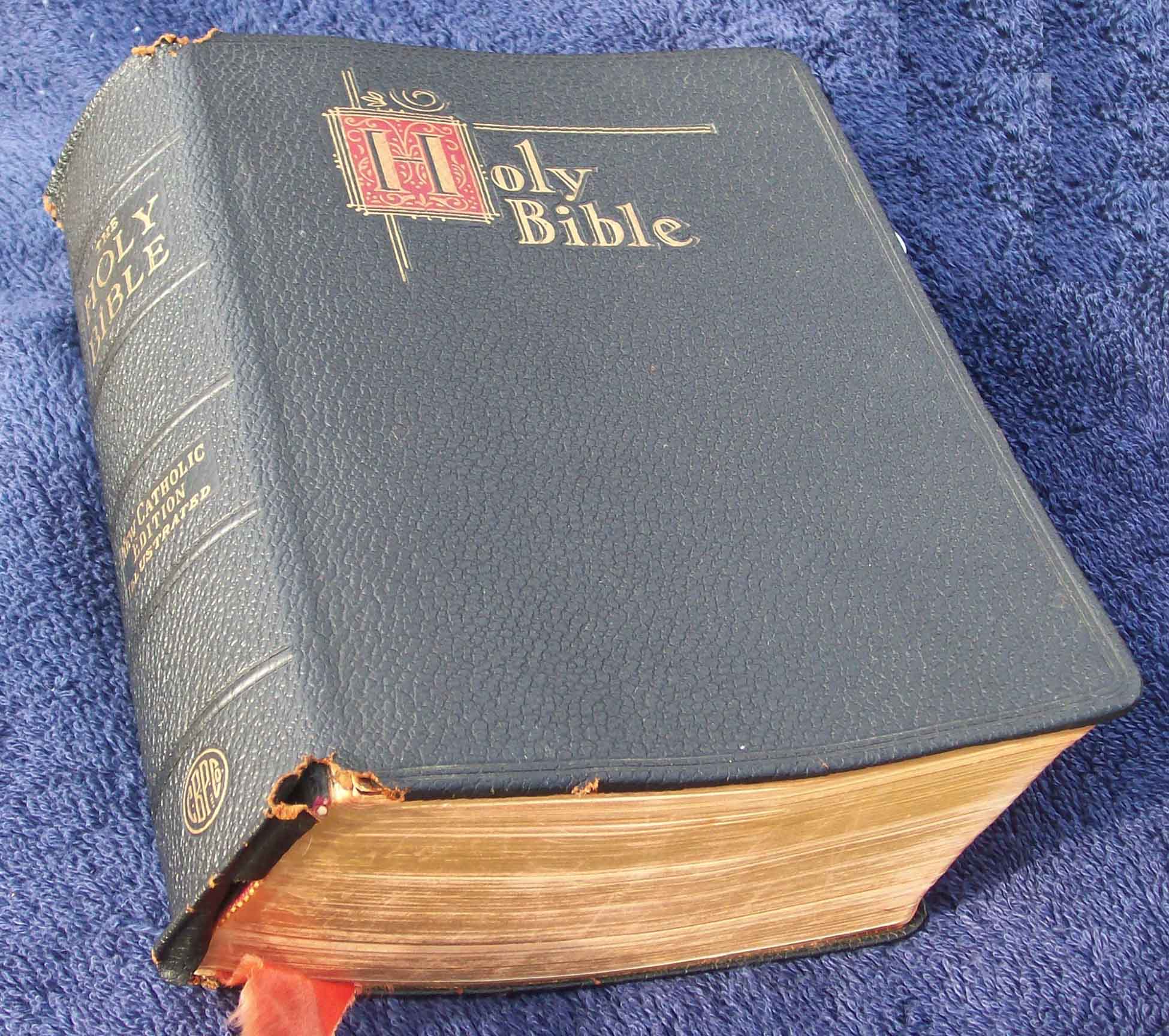Cheese
Bitter lover
Back then my australian GF called me the swisso. I never took offense in that. I can’t help it, as long as there are borders my passport must contain the name of some country, preferably the one where I’m born.It's the word. It's the same as nigg**, etc


